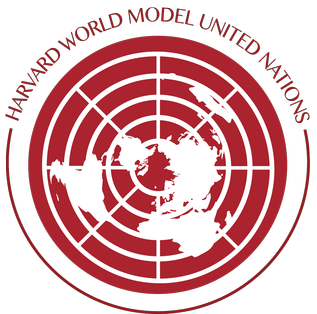Sabiha Amin
who@worldmun.org
Sabiha Amin is a second-year Harvard College Student studying Human Developmental and Regenerative Biology and History of Science, with a huge passion about science, storytelling and social change meet. With research spanning regenerative biology to oncology, and consulting work shaping real-world vaccine strategies. As Co-President of BASHA, she builds spaces of belonging, and through admissions consulting, she helps students reimagine their futures. Her days are a blur of late-night brainstorming, early-morning experiments, and conversations that turn into ideas — always with a smile and a strong cup of coffee in hand.
Topic: Navigating the Authorities of the Commercial Determinants of Health
The Commercial Determinants of Health (CDoH) refer to the systems and practices through which commercial actors drive health and equity outcomes, but this goes far beyond whether a product is harmful or not. What we're really talking about is the subtle web of corporate influence that shapes research, policy, and cultural norms in ways most people never notice. The World Health Organization defines CDoH as the ways commercial actors use market and nonmarket strategies to generate profit while influencing patterns of health, disease, and death. They've called this a critical and severely underregulated area that needs urgent attention from policymakers willing to ask hard questions about power and accountability. This committee faces a deeply political question: how can international institutions intervene when corporations have more resources and political access than the governments trying to regulate them? To further expand on these questions, delegates will explore five categories to understand how this works. Scientific distortion and epistemic capture look at how industry-sponsored research buries evidence of harm. Marketing, norms, and cultural production examine how advertising shapes what entire societies see as desirable, deliberately targeting vulnerable groups. Political practices and policy capture digs into how lobbying kills health regulations before they have a chance. Economic stratification and global disparities shows how low and middle-income countries get hit with aggressive marketing but lack the systems to fight back, while workers face health risks with nowhere to turn for help. Confronting CDoH means grappling with the structural forces that connect commerce to disease and rethinking what accountability actually looks like when commercial interests saturate every corner of global health, pushing us beyond individual fixes toward challenging the power systems that decide who thrives and who suffers.


